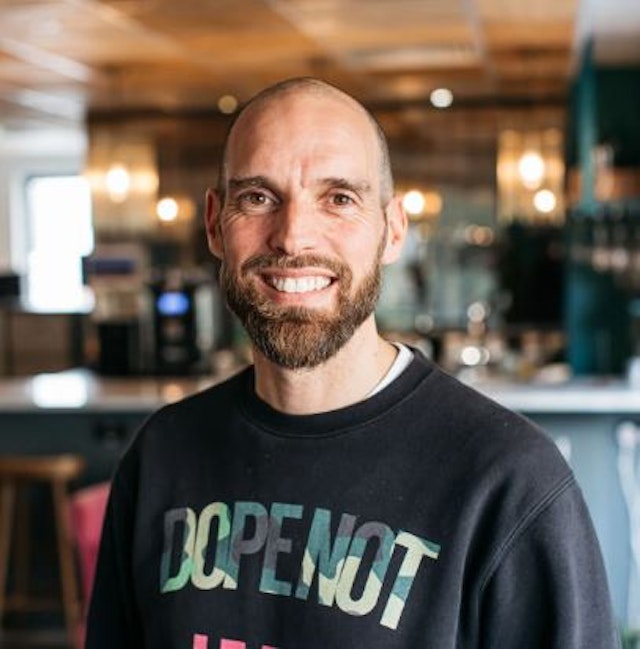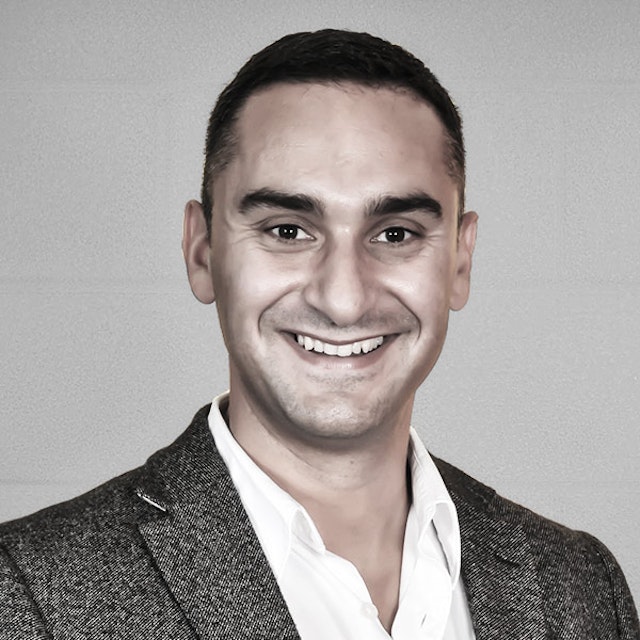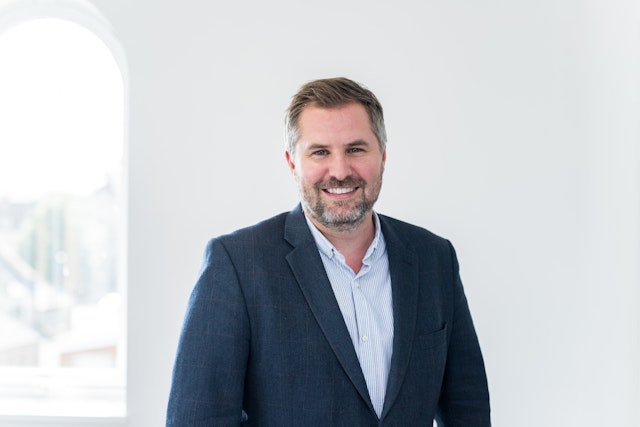The importance of rest and what agencies are doing about it – part 2
Off the back of Michaela Coel’s inspiring Emmys acceptance speech, where she alluded to the importance of rest for nurturing creativity, we asked The Drum Network members from the advertising industry to share what practices they have in place for encouraging employees to listen to their needs and reset as necessary.

Agencies reflect on what practices and measures they have in place to ensure employees get the balance right
In an age of overly-popularized self-care, and following a year of working from home, what wellbeing trends are here to stay? And how can agencies better incorporate these into their employees’ working lives? With cultural zeitgeists speaking out about the importance of taking stock, what have we learned about improving the way we navigate work-life balances? Have we actually changed our measures of success – or are we still living in an era of fast-paced, automated transactions? A number of industry experts share their thoughts.
Yesterday, we posted the first part to this article, so read on to find out what more industry insiders had to say about the importance of rest.
James Sandford, managing director, Propellernet

For me, the first thing is to ensure the time for rest by setting sustainable growth targets for the business as a whole. We recognize the importance of ensuring a strong, flexible wellbeing policy and program of events across all of our employees, but this can very quickly be undone if a business falls into the common trap of unsustainable growth. It’s often part of agency life and we’ve all experienced it before, but fast growth, while exciting, often scales problems quicker than revenue.
We favor manageable growth targets across the business that allow our teams to grow effectively with our targets. At times that might see us bringing in waiting lists for new clients as we build these teams out – it’s no bad thing and benefits the client directly as they’ll be taking on a team who are fully embedded as part of the agency that they are buying.
We resource our team to a maximum of 70% to ensure that they have the space for downtime throughout their day. We also provide a day a month for dedicated learning and development so they can focus on their own growth and career development. Both these initiatives enable the team to have space to enjoy the wellbeing program we have in place.
We brought in unlimited holiday to ensure everyone can take time out of the business to switch off throughout the year. We’re conscious that other businesses that have implemented this have seen the opposite, with people not taking enough holiday. With that in mind, we also introduced a minimum of 28 days per year and we remind people to take them if they fall behind.
All this, we hope, means we have sufficient measures in place to prevent burn-out. However, in the event that anyone in our team does start feeling burned out, we have someone dedicated to pastoral care, along with seven mental health first aiders.
We have also introduced a new self-care fund to support everyone looking after themselves. This can be used to cover anything to promote their own wellbeing – from gym memberships and yoga classes to Headspace subscriptions.
Luke Nava, marketing manager, Receptional

Sometimes permission to rest – knowing it’s OK to take a break – comes from our agency and its culture. The office ping pong table that encourages us to stretch our legs and have a chat. The boss who questions why we’re working late, rather than ignoring or encouraging it. The mental health first aider who helps us understand when and how to take a break.
Often, though, permission to rest can only come from ourselves.
It’s a lesson I learnt earlier this year reading The Art of Rest, Claudia Hammon’s book about the ten most restful activities and what makes them so.
Like millions of others, I’d been through a year of home working, home schooling and home renovating. I felt like I had no time for myself – no time to rest.
But Hammon makes the point that our to-do lists – both at work and at home – will never end. Trying to achieve everything is a fool’s errand. “How often do you push on when you’re tired instead of allowing yourself a break?” she asks.
I often repeat this question to myself, in the evening, when today’s work and chores are ostensibly done. Do I really need to log back in and send that email? Do I really need to paint that doorframe? Or shall I give myself permission to rest – to go for a run, read a book or watch TV?
Choosing rest – whether mental, physical or both – gives us time to think. It’s when our best ideas are born. It means we can start tomorrow afresh.
So, if you’re feeling exhausted, don’t wait for permission to rest. Grant it to yourself. Don’t be afraid to disappear, even for a short while.
Sammy Mansourpour, managing director, AgencyUK

I think we can all agree that the relentless late nights and early morning work regime is probably behind us now (and we’ve never operated like a sweat shop agency), but that doesn’t mean productivity should suffer.
At AgencyUK we’ve always been very in tune with the viability of being a commercially creative individual, and yes, that often means 100 ideas a minute. But what we have evolved over the past decade is how our creative teams lean into periods of more intense focus and work, bookended by periods of rest and play.
That means anything that involves stepping away from the computer screen. This can mean chatting with colleagues, participating in our weekly learning lunches, yoga sessions or afternoon runs for those who are that way inclined. However, these periods of daily downtime are not spent alone (or asleep). They’re designed to be a distraction from work where the mind remains active, not an opportunity for catching 40 winks.
Jonny Tooze, chief executive officer, LAB Group

We all got excited by machines, then electricity, then Cindy Crawford, then the internet. Gold rush after gold rush. Most humans can’t help getting exploitative when opportunity is right in front of them. But let’s be honest with ourselves. We all read the news, and people are coming to terms with the fact that not all is well in the world. We have some almighty global challenges ahead of us, and these are scary. Covid has been scary. Being scared or stressed for a long time totally fucks us up.
Not only that, but we’re significantly adapting to an age where technology augments us like a symbiotic being. We’re no longer just a run-of-the-mill human, and much of our value to the world seems to be derived by how augmented we are. “We’re trying and failing to get comfortable with our humanity changing at such a rapid pace,” said rud3b0y_007, a seven-year-old philosopher, on their YouTube channel.
It feels to many that the rat race is over. It’s the start of a new era, a time for authenticity and a time for humanity to be honest with itself.
Martin Luther King Jr told us a long time ago (and sadly most people didn’t listen) that “every person must decide at some point whether they will walk in the light of creative altruism or in the darkness of destructive selfishness”. That ember burns brightly in the back of all our minds.
Covid has most definitely stoked the fire; it’s brought humanity back together in many ways. The real question is will we stay on this path, or will circumstances over the next few decades drag us back to the latter state MLK mentions? And why do humans need such heinous events such as global pandemics, a war or global warming to unite us? Maybe there is a positive common purpose we could find.
I speak to people every day who are like Frodo at the end of The Lord of the Rings – they’ve been through it, there’s nothing left in the tank, and now it’s time to sail to the Undying Lands with the elves. I feel like that myself sometimes, although my ring is not yet destroyed.
Covid-19 has been an absolutely hideous experience that has taken many of our friends and family, and a little bit of all our souls. But humanity is rising out of the ashes like it always does – reborn, and with a new philosophy and new values. Enough is, actually, enough; the environment really, really matters; and turning your phone off on a regular basis is a very good thing for your mental health.
